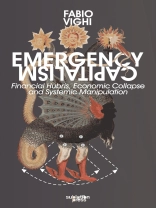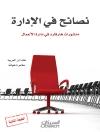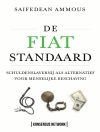Fabio Vighi’s ‚Emergency Capitalism‘ begins with this observation:
The age of crisis capitalism is characterized by two major socioeconomic trends:
1) the addiction to credit creation, whose main purpose is to inflate and prop up the financial markets; 2) the controlled demolition of the real economy and the modern model of society organized around wage labor.
From there, Vighi shows that the last half-decade of capitalist politics has been shaped by efforts to prolong the emergency paradigm. Through the controlled demolition of the ‚work society, ‚ capital is now phasing out a liberal era based on mass wage labor and free enterprise while replacing it with a centralized control system of ‚crisis management.‘ Big Finance, the Deep State, and the Military-Industrial Complex are staged to fill the gap that the disappearance of productive labor has left behind.
The Pandemic, electronic currencies, the decimation of Gaza, Inflation and Putin are all manifestations of a new and truly political economy.
Vighi goes beyond conspiracy theories to demonstrate that it is capital’s blind logic of self-reproduction–now driven by debt and financialization–that conditions the misanthropic, manipulative behavior of its functional elites.












